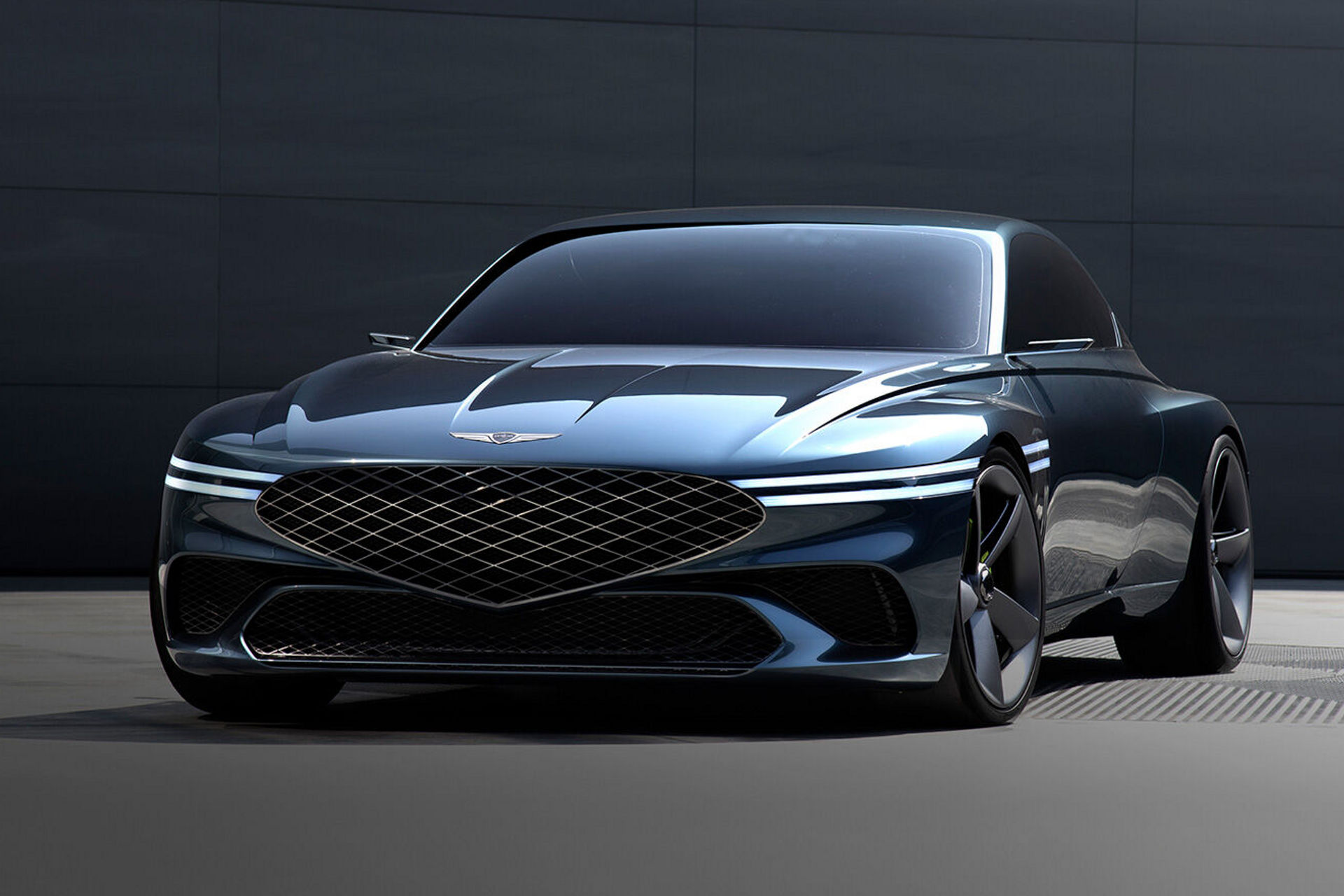Why I’m Betting on Korean Cars Before Everyone Else
Everyone thought I was crazy to shift my focus.
BMW, Audi, Porsche—I fell in love with German cars in college and never looked back. These are brands people buy to announce they’ve arrived.
Yet the cars that started catching my attention weren’t German at all. They were Korean.
Genesis and Hyundai are doing what few thought possible: building vehicles that feel bold, confident, and aspirational. Not “good for the price.” Not “catching up.” They’re setting the pace.
Design. Tech. Value. Vision.
It’s all moving east.
For decades, the German marques defined luxury. BMW with its driving precision, Audi with its clean modernism, Porsche with its engineering bravado. To drive one was to signal taste and achievement, to show that you belonged in a certain class of buyers. These brands weren’t just selling cars; they were selling identity.
I know that world because I lived in it. For years, they set the standard. But standards don’t hold forever.
Hyundai and Kia began as budget names—appliances on wheels, respectable only for their warranties. Genesis, when it first arrived, was met with skepticism. A Korean luxury brand? Most dismissed it as wishful thinking.
But while the world wasn’t paying attention, the Koreans were studying, investing, and designing. They hired away top talent, like Luc Donckerwolke from Bentley and Peter Schreyer from Audi. They weren’t interested in being “good enough.” They wanted to leapfrog.
It showed. The cars became sharper, the interiors more refined, the technology often ahead of rivals. Genesis launched the GV70 and GV80, SUVs that won awards not for value but for excellence. Hyundai began shaping the EV future with the Ioniq 5 and Ioniq 6—cars that don’t feel like late entries but leading ones. Kia, with the EV6, joined the push.
Suddenly, the conversation shifted. These weren’t the “cheap alternatives” anymore. They were the cars people compared against German and Japanese stalwarts—and often preferred.
The Bet
So here’s my bet:
In the next decade, Genesis will be what Lexus was in the 1990s—an undeniable contender that forces the entire market to rethink luxury. Hyundai will become a dominant EV player, one of the few companies capable of scaling design and production at the pace the future demands. Kia will continue to surprise, stepping into niches and innovating where others are complacent.
That’s why I launched KoreanCarGirl. To track this revolution as it unfolds. To tell the story of how Korean cars went from underdogs to visionaries—and why the smart buyers are already paying attention.
The shift has already started. The only question is: how long until everyone else notices?
Follow KoreanCarGirl for weekly posts on Korean car models, industry insights, and the future of automotive design. If you’re considering your first Genesis—or wondering how Hyundai went from “value” to “visionary”—you’re in the right place.
